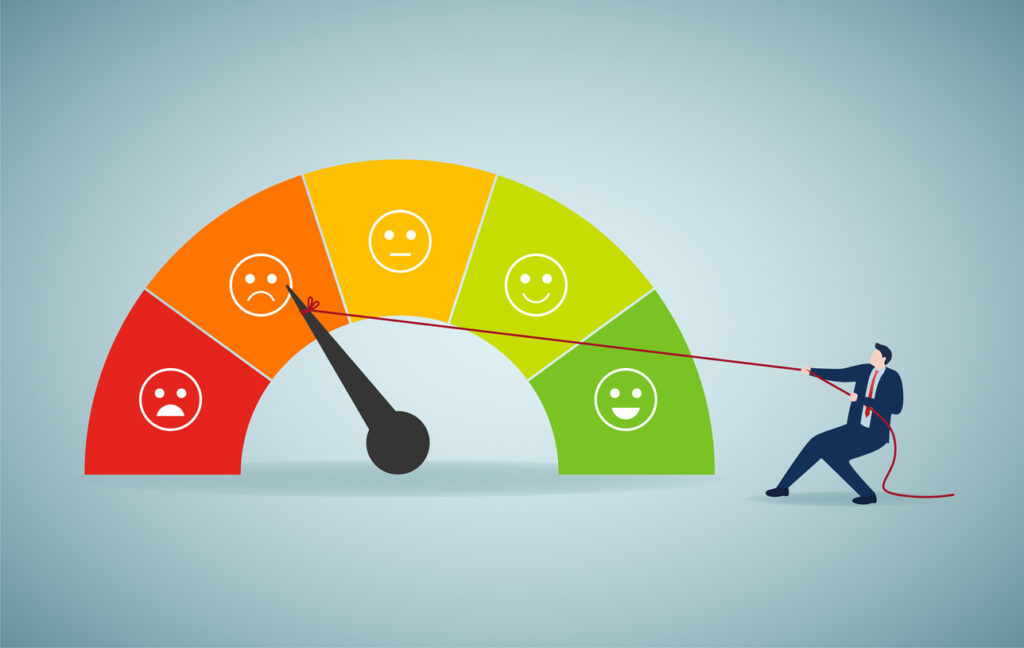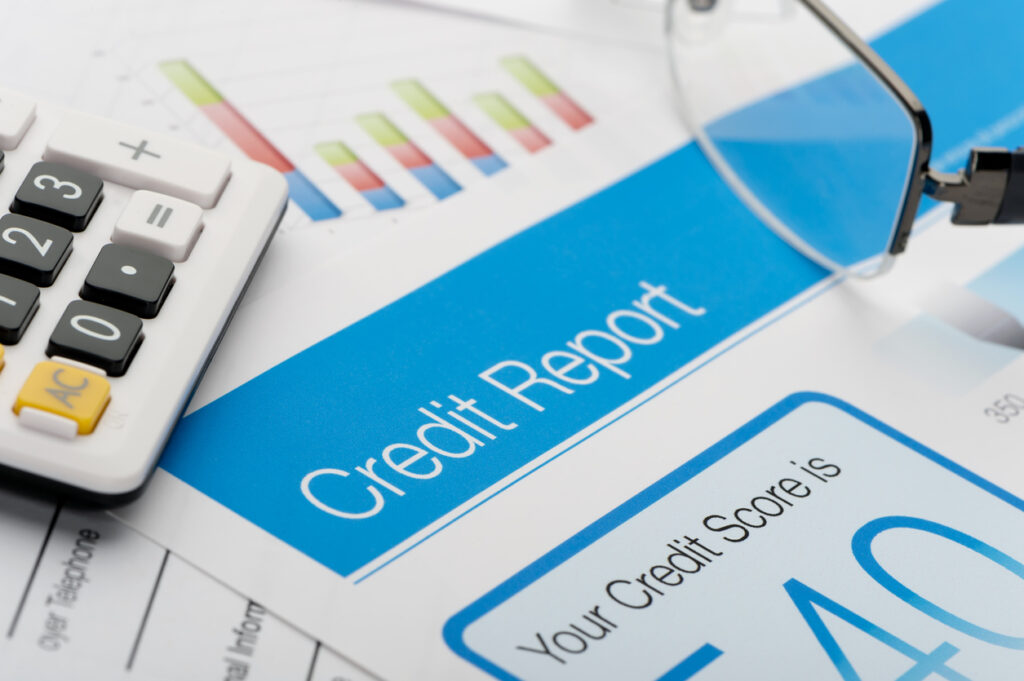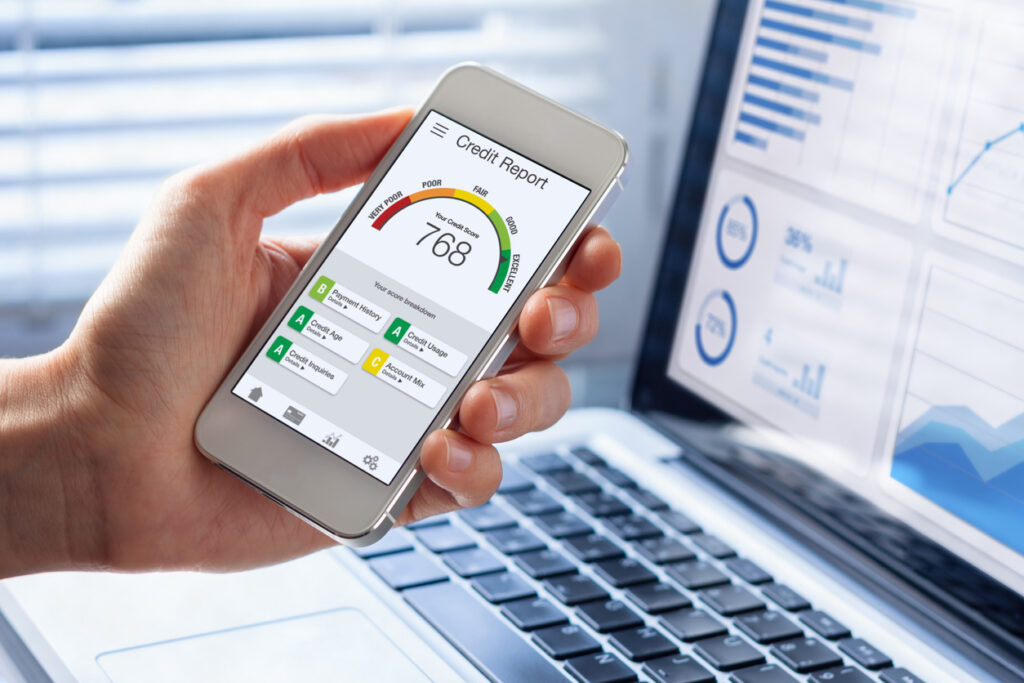Building your credit history is an important step toward achieving financial goals like buying a home, getting a car loan, or even renting an apartment. Your credit history shows how well you manage money and repay debts, and it plays a big role in your credit score. If you’re new to credit or looking to improve your score, don’t worry—it’s easier than you might think.
In this guide, we’ll explore simple steps to build your credit history, use credit responsibly, and set yourself up for a stronger financial future.
Why Is Building Credit History Important?
Building your credit history is like building trust with lenders. It shows them you can handle money responsibly and pay back what you owe on time. A strong credit history can help you:
- Get Approved for Loans and Credit Cards: Lenders want to see a record of your borrowing and repayment habits before giving you money or credit.
- Secure Lower Interest Rates: A good credit score means you’re less risky, which can lead to better rates on loans or credit cards.
- Rent an Apartment or Get a Job: Landlords and some employers check credit history to see if you’re financially responsible.
- Prepare for Big Purchases: Whether it’s a house or a car, a solid credit history makes it easier to borrow when needed.
Simple Steps to Start Building Credit History
If you’re starting from scratch or looking to improve your credit history, here are some straightforward and effective ways to start building and strengthening your credit history:

1. Apply for a Secured Credit Card
This is one of the best options for beginners to start building credit history. With a secured credit card, you make a deposit, which acts as your credit limit. For example, if you deposit $300, that becomes the maximum amount you can spend.
Use the card for small, manageable purchases like groceries or gas, and always pay your balance on time. Paying in full each month shows you’re responsible with credit and helps improve your credit score. Many secured cards also report your payments to credit bureaus, which is essential for building a positive credit history.
2. Become an Authorized User
Ask a trusted family member or close friend to add you as an authorized user on their credit card. This means you’ll get a card linked to their account, but they’re ultimately responsible for the payments. It’s a great way to benefit from their good payment habits and start building your credit history.
When they make on-time payments and keep balances low, it reflects positively on your credit report. Make sure the card issuer reports authorized users to credit bureaus so it helps improve your credit score. This method is a simple way to build credit without the pressure of managing your own account right away.
3. Pay Your Bills on Time

Consistently paying your rent, utilities, or any other monthly bills on time is a simple yet effective way to build your credit. While not all bills are automatically reported to credit bureaus, some landlords and service providers do report payment history. This can help establish a track record of responsibility and improve your credit history over time.
If your bills aren’t being reported, you can explore services that allow you to add these payments to your credit report. Even if they don’t directly impact your credit, paying bills on time builds good financial habits. It also prevents late fees and keeps you in control of your finances, which is crucial for maintaining a healthy credit score.
4. Start with a Credit-Builder Loan
Credit-builder loans help you establish or improve your credit. Lenders place the money you borrow into a savings account and release it to you only after you repay the loan in full. This setup prevents overspending and helps you build a positive payment history.
When you make regular monthly payments, lenders report them to credit bureaus, boosting your credit score over time. Credit unions, community banks, and online lenders often offer these loans, making them easy for most people to access. By choosing this option, you actively build credit while saving money in a safe and structured way.
5. Monitor Your Credit Report

Checking your credit report often is an important part of building and managing your credit. It helps you make sure all the information, like your account balances and payment history, is correct. Mistakes on your report, like accounts you do not recognize or payments marked as late, can hurt your credit score if you do not fix them.
Looking at your report also helps you catch signs of identity theft or fraud early. You can get a free credit report every year from the three main credit bureaus: Experian, Equifax, and TransUnion. Keeping an eye on your credit report protects your financial health and helps you stay on track as you build your credit.
Your Path to Financial Success
Building your credit history takes time and patience, but the effort is worth it. A strong credit history opens doors to more financial opportunities and gives you the confidence to manage your money wisely. Start small, stay consistent, and focus on good financial habits. Over time, these small steps will add up to a better credit score and a stronger financial future. Remember, building credit is not a race—it’s a journey.
Be sure to check out my posts on the benefits and risks of using credit cards. They’ll help you understand how to use credit cards wisely while avoiding common pitfalls.














